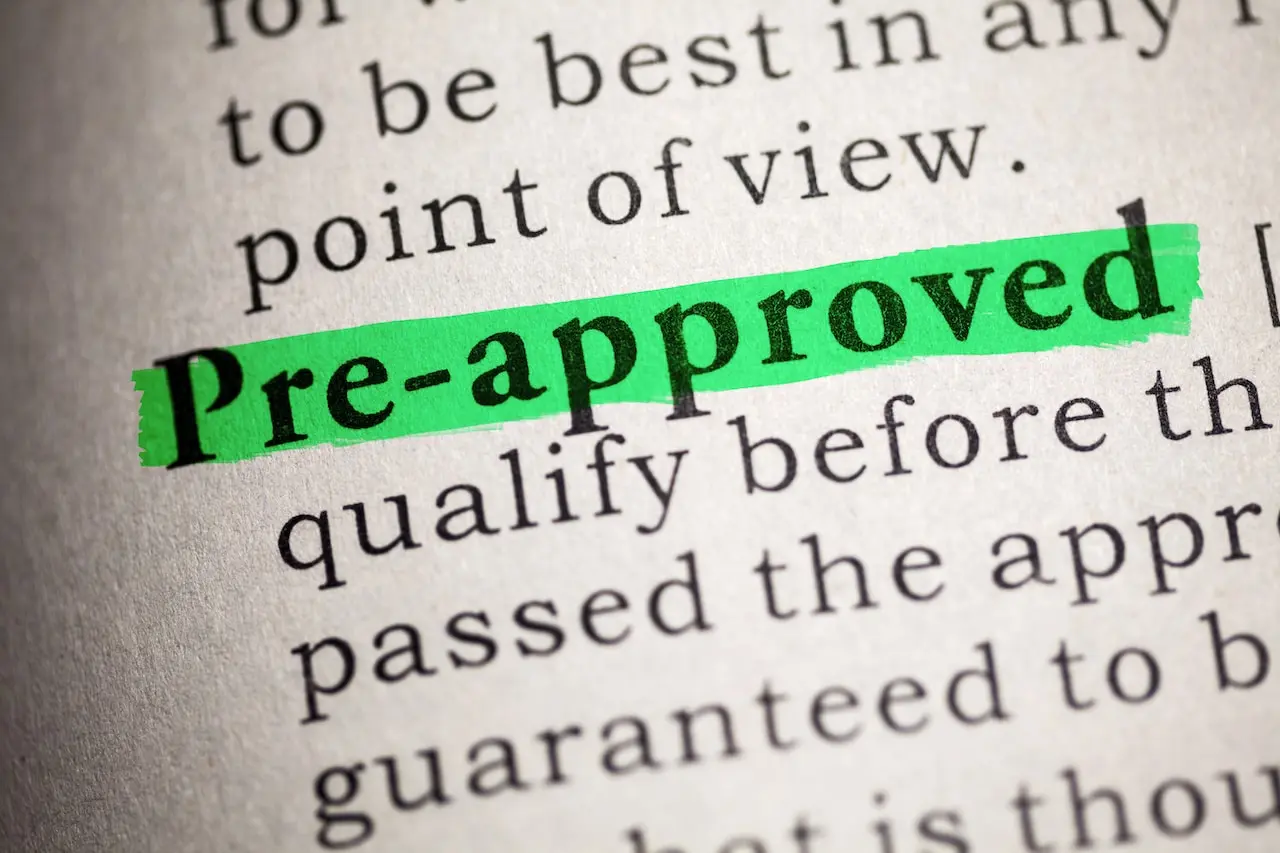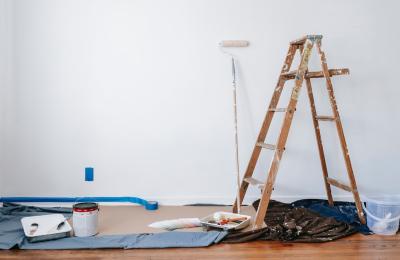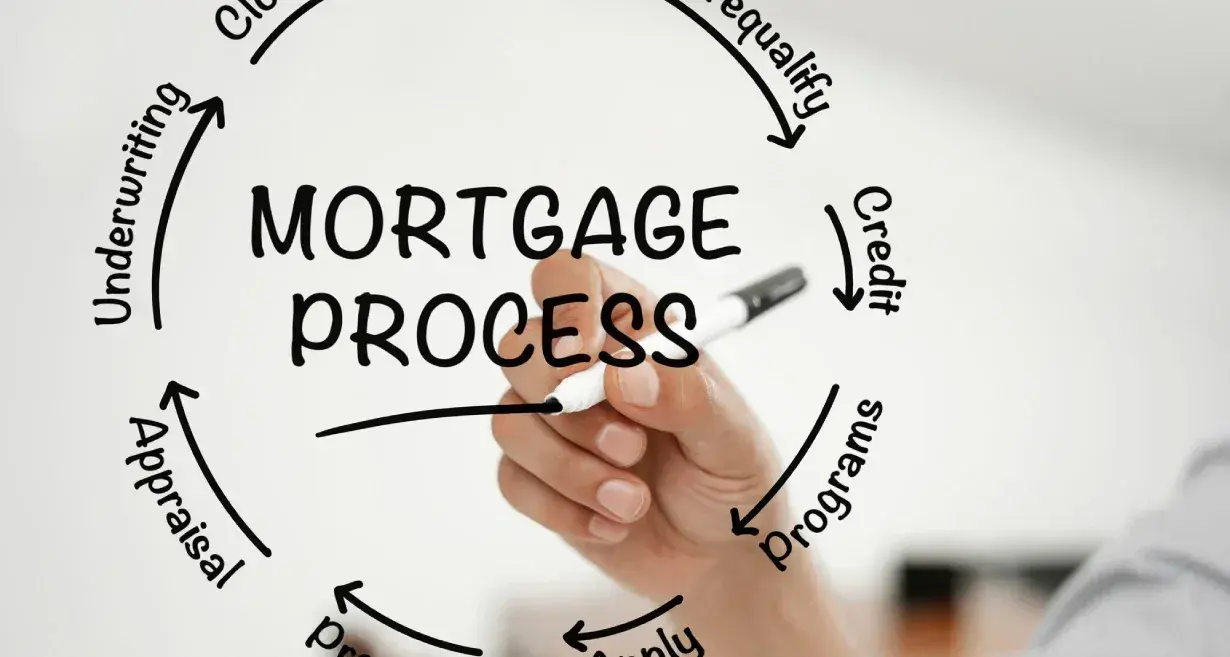Take Advantage of Limited-Time Offers on Luxury Homes with Stunning Features!
Join Us for Exclusive Open House Events This Weekend and Find Your Perfect Home!
Discover Your Dream Home with Our Latest Listings and Personalized Services!
Explore Our Exciting New Property Listings Now Available in Prime Locations!
How to Navigate the Mortgage Process

Navigating the mortgage process can be overwhelming, especially for first-time homebuyers. Knowing the key steps, terms like interest rates, loan amount, and monthly payments will help you make informed decisions. Whether you're looking to buy a primary residence, invest in rental properties, or refinance, here’s a breakdown of the mortgage process to guide you.

Assess Your Financial Situation
Before applying for a mortgage, take a close look at your finances:
- Credit Score: Lenders use your credit score to determine your loan eligibility and interest rate. A higher score can lead to better loan terms.
- Income and Debt: Your income, existing debt, and debt-to-income ratio (DTI) are essential to determining how much you can afford.
- Down Payment: Most loans require a down payment. Conventional loans typically require 20%, but programs like FHA loans may offer lower down payment options.

Choose the Right Type of Mortgage
There are several types of mortgage loans, each with its own advantages:
- Conventional Loans: These are the most common and typically require a 20% down payment. If you have a strong credit score, you can secure better terms, including a lower interest rate.
- VA Loans: For military veterans, VA loans offer zero down payment and competitive interest rates.
- Adjustable-Rate Mortgages (ARMs): ARMs start with lower interest rates but can adjust over time, potentially increasing your monthly payments.
- Fixed-Rate Mortgages: These loans have the same interest rate throughout the life of the loan, giving you stability in monthly payments.
- FHA Loans: FHA loans are great for first-time homebuyers since they require a smaller down payment.

Get Pre-Approved
Getting pre-approved for a mortgage is essential in the home-buying process. A pre-approval means a lender has reviewed your financial situation and determined how much you can borrow.
- Pre-Approval vs. Pre-Qualification: Pre-approval is a detailed review, while pre-qualification is a quick estimate.
- Benefits: A pre-approval letter shows sellers you’re serious, giving you an edge when making an offer.

Shop for Mortgage Lenders
Not all lenders offer the same terms. It’s crucial to compare offers from different institutions.
- Different Lenders: Consider traditional lenders like banks and credit unions, as well as online lenders.
- Low Closing Costs: Pay attention to closing costs, which can vary by lender.
- Mortgage Brokers: A mortgage broker can help you find the best deal by comparing multiple lenders on your behalf.

Understand Closing Costs
Closing costs are fees related to finalizing your mortgage and property transfer. These typically range from 2% to 5% of the home's purchase price.
- Common Closing Costs: These may include lender fees, title insurance, appraisal fees, home inspection fees, and taxes.
- Negotiating Costs: Some sellers may cover part of the closing costs through seller financing or land contracts, easing the financial burden.

Consider Mortgage Insurance
If your down payment is less than 20%, you may be required to pay for private mortgage insurance (PMI).
- What is PMI?: PMI protects the lender if you default. It’s an additional monthly cost, usually ranging from 0.3% to 1.5% of the loan.
- Avoid PMI: Some loan programs, such as VA loans, don’t require PMI. Alternatively, seller financing or land contracts can help avoid this additional cost.

Sign the Papers and Close the Deal
Once everything is approved, you’ll sign the mortgage loan agreement and finalize the transaction.
- Final Walkthrough: Do a final walkthrough of the property before closing to ensure everything is in order.
- Review the Terms: Double-check your loan terms, including the interest rate, repayment schedule, and loan duration.
Maintain Your Mortgage Payments
After you’ve closed on your mortgage loan, it’s essential to stay on top of your payments.
- Set Up Payment Reminders: Most mortgage lenders offer automatic payment services, which can help you ensure timely monthly payments.
- Refinance if Necessary: If interest rates drop or your financial situation changes, consider refinancing your loan amount to secure a better rate or lower monthly payments.
Navigating the Mortgage Process with Confidence
Navigating the mortgage process can seem overwhelming, but with the right knowledge and preparation, it becomes manageable. Whether you’re looking to buy a primary residence, invest in rental properties, or refinance an existing loan, understanding the different types of loans, interest rates, and financing work options, such as ARM loans and land contracts, will help you make informed decisions.
With the right guidance, you’ll be on your way to securing the home or investment property of your dreams, while maintaining a healthy cash flow and equity in your home. If you're unsure about any part of the mortgage process, consult with a professional who can help you navigate the details and make the most of your investment.
News insight
 Dec 15, 2024
Dec 15, 2024How Does Creative Financing Work in Real Estate? A Simple Guide for Buyers and Sellers
Buying a home without a large down payment is possible through creative financing options like "Subj...
 Dec 15, 2024
Dec 15, 2024Buying a Home with No Money Down: Exploring Your Options
Creative financing offers a way to buy a home with no money down, eliminating the need for a large u...
 Dec 09, 2024
Dec 09, 2024Renovation Ideas to Increase Your Home’s Value
Renting out your property can generate passive income, but requires careful planning. To succeed, en...


